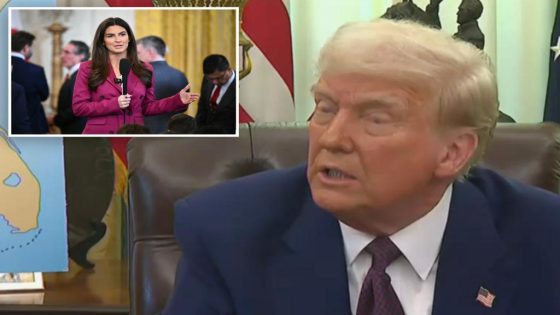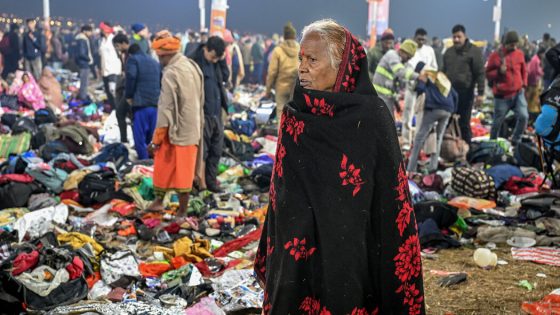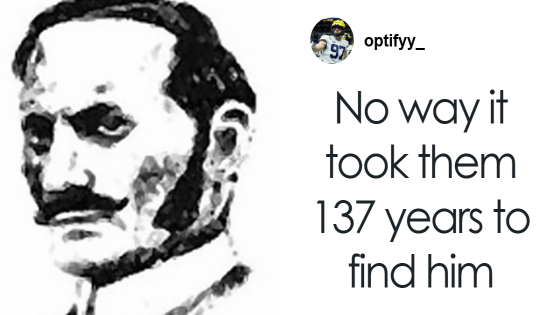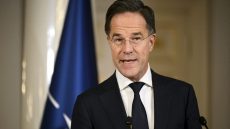On February 14, 2025, President Trump criticized CNN White House correspondent Kaitlan Collins during a press conference in the Oval Office. The exchange occurred as Trump responded to questions about Russian President Vladimir Putin, leading to a moment where he questioned CNN’s credibility and suggested Collins had a close relationship with President Joe Biden.
- Trump criticizes CNN's credibility.
- Kaitlan Collins interrupted Trump during questioning.
- Trump claims Putin desires peace in Ukraine.
- Journalists laughed at Trump's remarks.
- Collins frequently challenges Trump with tough questions.
- Previous confrontation over DEI policies noted.
During the press conference, Trump was addressing whether Putin desires peace with Ukraine when Collins interjected, asking if he trusted the Russian leader. Trump responded by referencing Collins’ perceived friendship with Biden, stating, “I know [Biden is] a friend of yours,” and criticized CNN, saying, “That’s why nobody watches CNN anymore.” This remark elicited laughter from those present.
Collins, known for her challenging questions, has faced similar exchanges with Trump in the past. In a recent incident, she questioned him about his claims linking Diversity, Equity, and Inclusion (DEI) policies to a plane crash in Washington, D.C. Trump dismissed her question, stating, “I think that’s not a very smart question,” highlighting the contentious nature of their interactions.
The exchange underscores the ongoing tension between Trump and the media, particularly CNN, which he has frequently criticized. His remarks during the press conference reflect a broader narrative he has maintained regarding the media’s credibility and its relationship with political figures. This incident adds to the history of confrontations between Trump and Collins, illustrating the dynamics of press relations during his presidency.
In summary, Trump’s remarks on February 14, 2025, highlight the ongoing friction between him and CNN, particularly with correspondent Kaitlan Collins. The incident reflects broader themes of media credibility and the contentious relationship between political figures and the press.

































